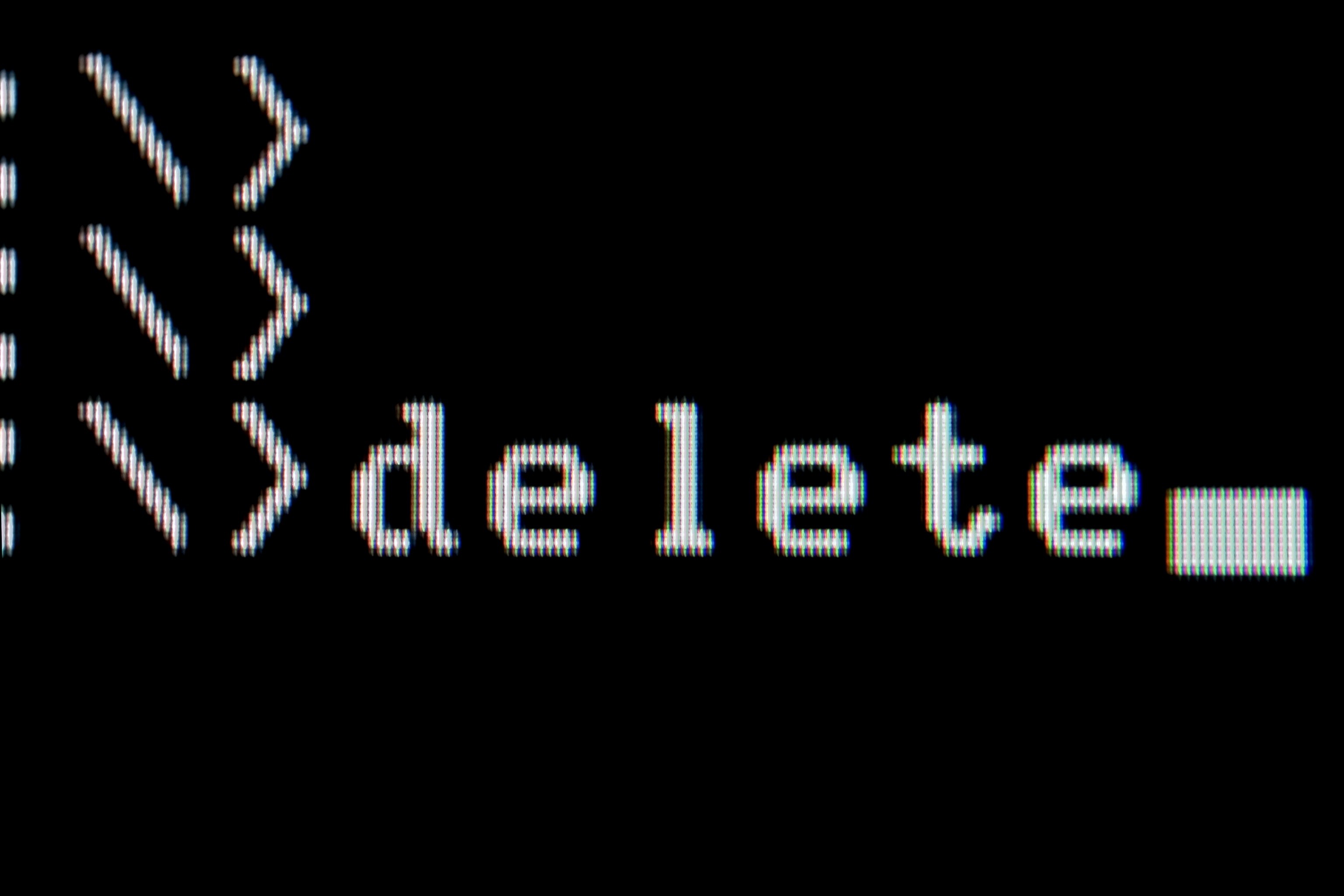Expunging a Police Caution
If you are a student or a qualified professional and have received a police caution you may want to have it expunged from your record.
Expungement is the formal process for removing/deleting a police caution from your police record.
Expungement vs Non-disclosure on CRB/DBS Certificate
Expunging a police caution is different from a police caution not being disclosed on a CRB (DBS) certificate.
Expunging a police caution is where your caution is entirely removed from your record. Expunging the police caution is as if you have gone back in time and wiped the caution from your record.
Expungement and wiping the slate Clean
If you have your police caution successfully expunged from your police record you will be able to say that you have never received a police caution.
If the police agree to expunge your caution then it will be deleted relatively quickly. The police may however refuse to remove your caution.
If the police refuse to expunge your police caution then you can apply to the High Court to ask the Court to judicially review the decision not to expunge the caution.
Professionals and Expungement
You may want to have your police caution expunged because you hope to work in a trusted profession which requires a DBS check. You might hope to work as a teacher, a banker, a lawyer, a healthcare professional, in the police or some other trusted profession.
If you have a police caution it may make it harder to enter your chose profession and also might make you worried about spending time and money investing in your future career. If your caution is expunged from your criminal record you will be able to confidently state on any application that you have a clear record.
Expunging a Police Caution
Once your caution is expunged your DBS certificate will no longer say that you received a police caution.
If you do not have your caution expunged then a police caution will remain on a DBS certificate for 6 years for most offences, and will be retained on the PNC until you reach 100 years of age. For some offences, such as ABH or child cruelty, an adult police caution will always show on a DBS certificate. If you require an enhanced DBS certificate the police also retain a discretion to disclose cautions (including youth cautions) even after 6 years.
A caution can also cause issues when applying for a visa or when applying for citizenship. Certain countries view cautions the same as court imposed convictions, and they may prevent an immigration application depending on the type of offence. See here for more details: What is an ACRO Police Certificate?
Expunging a police caution requires an application to the police. It is possible for you to submit this application yourself but an experienced lawyer will be able to help you avoid the pitfalls.
Deleting a Police Caution
The law regarding police cautions has developed over many decades and is relativity complicated. An application to expunge a police caution should look at more than just the facts of a case. An application for expungement should look at the law concerning the detention of police suspects, the police cautioning regime and also the law on the specific offence alleged.
Your application to expunge a police caution may also require witnesses statements. Gathering witnesses and defence evidence will usually require an independent and impartial person to evaluate the strengths and weaknesses of your case. As a police caution is issued when a criminal allegation has been made, it is also important that the person reviewing your case is an experienced and expert criminal defence lawyer.
Police Caution Expungement Solicitor
I am a qualified solicitor and I have extensive experience of applying for the removal of police cautions from the police national computer (PNC).
I have had numerous successful police caution removal cases, and for cases where judicial review proceedings have been issued, I have been able to recoup my clients’ costs from the police.
I am also able to assist in applying for information disclosed on DBS certificates to be removed – if you feel information has been unfairly disclosed you have the right to dispute its disclosure.
I co-authored a journal paper on the reform of the police cautioning procedure in the Criminal Law Review (the leading criminal law journal : “Suggestions for Reform to the Simple Cautioning procedure”). I also recently wrote the UK Westlaw Insight on Police Cautions and published an article in the Criminal Law and Justice Weekly on anonymity in criminal proceedings and its impact on the police caution: Adult Defendant Anonymity in Criminal Proceedings
I can usually offer a fixed fee for police caution and arrest record removals and reasonable hourly rates for DBS barring and certificate disclosure disputes.


